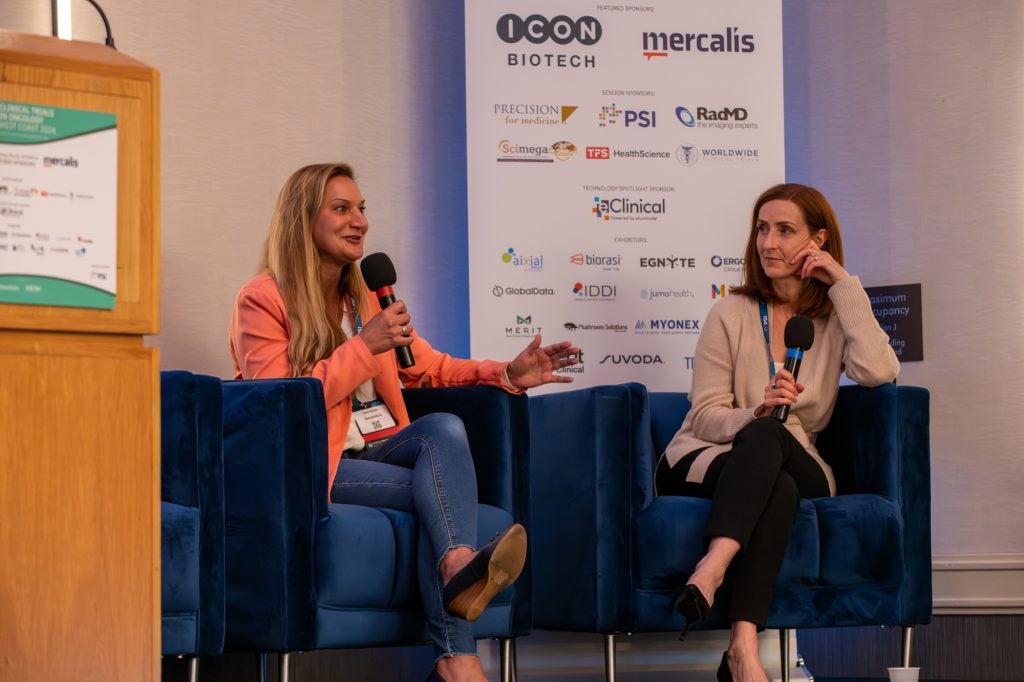Amid a push in the biopharma industry to improve diversity in clinical trial enrolment, there is “no one single approach” say two oncology trial experts at Genentech.
Genentech’s Tania Szado, principal oncology medical science director, US Medical Affairs, Scientific Collaborations & Alliances at Genentech, and Patricia Mader, executive director, US Medical Affairs and head of Evidence Generations Oncology, shared the comments during a session at the Clinical Trials In Oncology West Coast 2024 conference in San Francisco held from 23 April to 24 April.
The topic was already on the agenda earlier in the day when sponsors discussed the importance of not only recognising the need to improve diversity in clinical trial participation but also being proactive in addressing it.
The two representatives from Genentech said that there are multiple strategies that can be pursued, adding that there is no blanket approach to the issue.
“We took many different approaches and adjusted along the way,” said Mader whilst recounting experience on addressing diversity in trials.
Szado placed importance on recognising what works well whilst also learning from strategies that, conversely, do not show success.
Speaking on an initiative that led to positive results, Szado said providing transport for patients to and from cancer trial sites is a robust approach.
“Transportation support is a no-brainer. It is something we should do in all our trials. Removing those kind of barriers [is important].”
Transport hurdles to clinical sites is a major issue in clinical trials which can lead to underrepresentation based on socio-economic status. As a result, mobile visits as a part of decentralised trials have become a potential avenue to accurately reflect population diversity.
But as an abutment to successful outcomes, Szado reflected that technology – which is seeing widespread implementation in trials to improve accessibility – for example, does not always work.
“Not a single person used our electronic consent forms,” Szado said about a particular Genentech trial. Technology was not able to replace patient-physician discussions and a tangible piece of paper, she added.
A key sentiment echoed from earlier sessions was placing importance on external partnerships.
“What we've learned over time is we need to be engaging more externally to solve this,” said Mader.
This includes patient advocacy groups, which are gaining focus as the clinical trials space aims to put patient engagement at the core of many of its activities.
“I think we're starting to see some improvement in this area. Though it's a multi-faceted approach and we're going to have to adjust,” Szado said.









